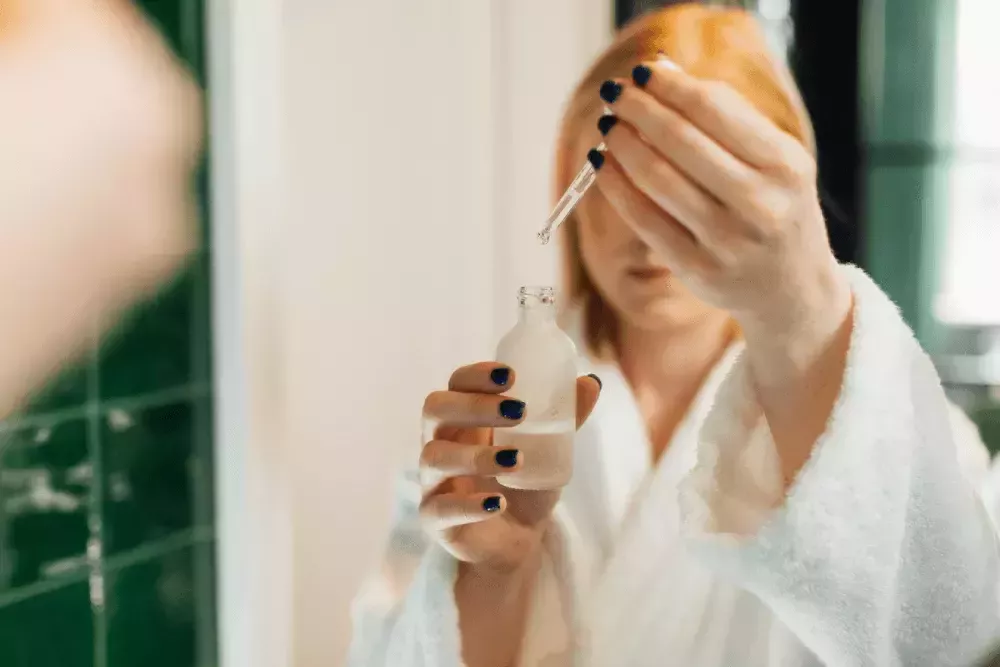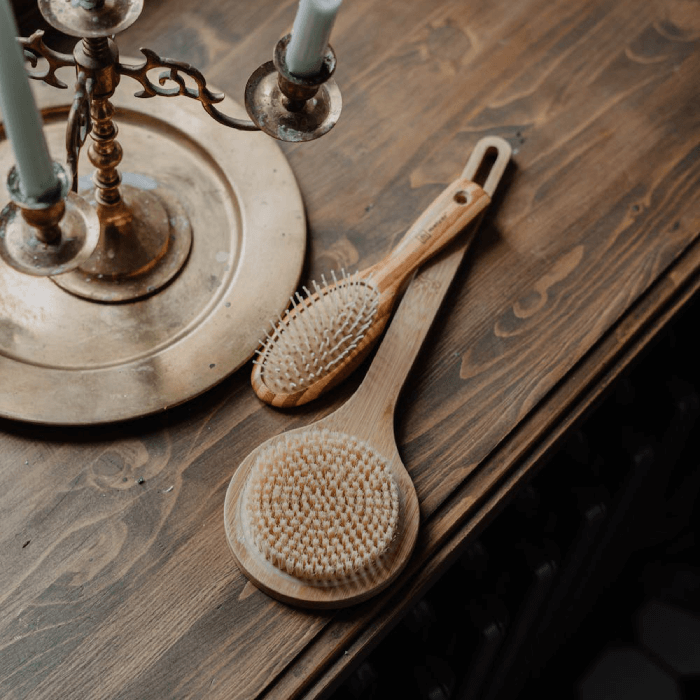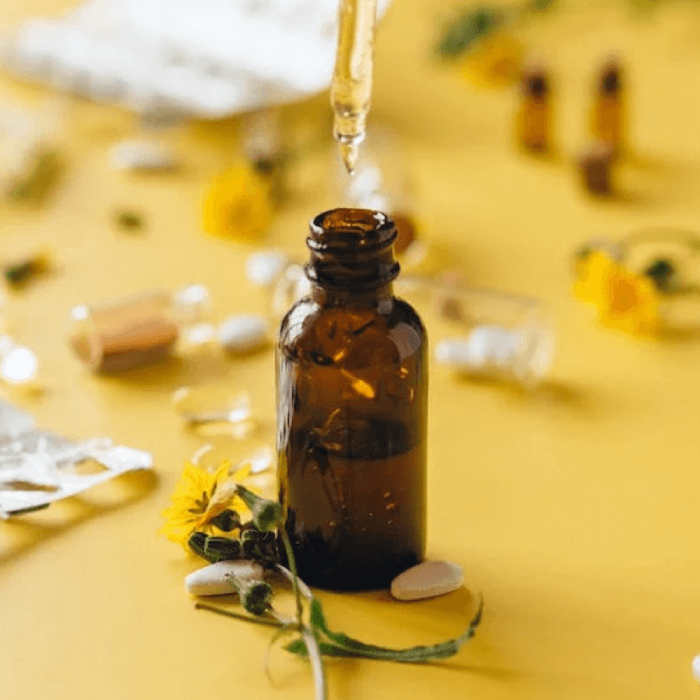Water Quality and Scalp Health: How Hard Water Can Impact Your Hair
When it comes to hair care, we usually focus on different things, from shampoos and conditioners to styling techniques and dietary choices. But one thing that is often overlooked is the quality of the water we use for washing our hair. Although it may be difficult to believe, water quality's impact on hair can be significant to the health of your scalp and the condition of your hair. We will explore water quality, explaining the differences between hard and soft water, and the relationship between hard water and scalp health.
Understanding Water Quality: Hard vs. Soft Water
Understanding the link between hard water and scalp health can help you tackle common hair and scalp problems. Let’s differentiate between hard water and soft water.
Whether water is hard or soft is determined by the amount of minerals it contains, especially calcium and magnesium.
- Hard Water: It is water that has higher mineral levels. It is formed when water passes through calcium and rocks that contain limestone and chalk. You can’t usually determine if water is hard merely by looking at it. However you can know if water is hard when you feel a film on your hands after washing them or when you find white spots or rust stains on clothes or floor surfaces.
- Soft Water: On the other hand, soft water contains fewer minerals. It is commonly found in regions with specific rock types, such as granite and it doesn't leave mineral deposits behind after evaporation. This type of water usually contains higher levels of sodium or salt. Soft water benefits for hair include making the hair look shiner, softer, and less damaged.
The Signs of Hard Water Damage to Your Hair
Here are some typical indicators that hard water may be harming your hair now that we've distinguished between hard and soft water:
- Dryness and Frizz: Hair can become dry, frizzy, and more prone to breakage due to hard water's ability to strip away natural oils from your hair.
- Lack of sheen: If your hair lacks its usual shine or appears dull, hard water may be to blame. Your hair may develop a film due to mineral buildup, which will lessen its brilliance.
- Residue Build-Up: Your hair and scalp may get thick and weighted down due to the persistent residue that hard water can leave behind.
- Itchy Scalp: Scalp irritation from hard water's mineral deposits can make your hair itchy and uncomfortable.
- Accelerated Color Fading: Hard water can make hair dye fade more quickly, requiring more frequent touch-ups.
Solutions for Combating Hard Water Effects
Having learned about the possible damage that hard water can cause, let's look at some practical fixes:
- Water Softeners: One thing that could be a good idea is to install a water softening system in your house. . These systems work by “softening” the water by replacing calcium and magnesium ions with sodium ions.
- Shower Filters: Shower filters could also be considered if you have hard water .These showerhead filters are designed to remove minerals and other impurities from your water.
- Clarifying Shampoos: Using shampoos with clarifying properties once in a while can remove those pesky mineral buildups in the hair. To break down mineral buildup in your hair, you want to look for conditioners with ingredients like citric acid or EDTA.
- Chelating Shampoos: Chelating shampoos are designed to remove mineral buildup from your hair. They can be a more potent solution if you have severe hard water issues.
- Vinegar Rinse: Occasionally rinsing your hair with vinegar can help dissolve mineral deposits and restore shine to your hair. Add a portion of vinegar to three portions of water, apply the mixture to your hair, leave it on for a few minutes, and then rinse it out.
Hard Water and Scalp Health: Adjusting Your Hair Care Routine
In addition to the solutions mentioned earlier, here are some scalp health tips to incorporate into your hair care routine:
- Use Less Product: You usually need less shampoo and conditioner when washing your hair with soft water, as it lathers and rinses more easily.
- Thorough Rinsing: Always make sure to rinse your hair thoroughly after using any hair products to prevent residue buildup.
- Hydration: Use leave-in conditioners or hair oils to help rehydrate your hair after exposure to hard water.
By making these changes, you can effectively maintain the softness and health of your hair despite the challenges of hard water.
Conclusion
The relationship between hard water and scalp health is undeniable. The quality of the water you use in your hair care routine can impact the health of your scalp and the condition of your hair. The high mineral content in hard water can lead to hair problems ranging from dryness to dullness. However, by recognizing the signs of hard water damage and implementing the above solutions, you can maintain hair that looks and feels its absolute best.






